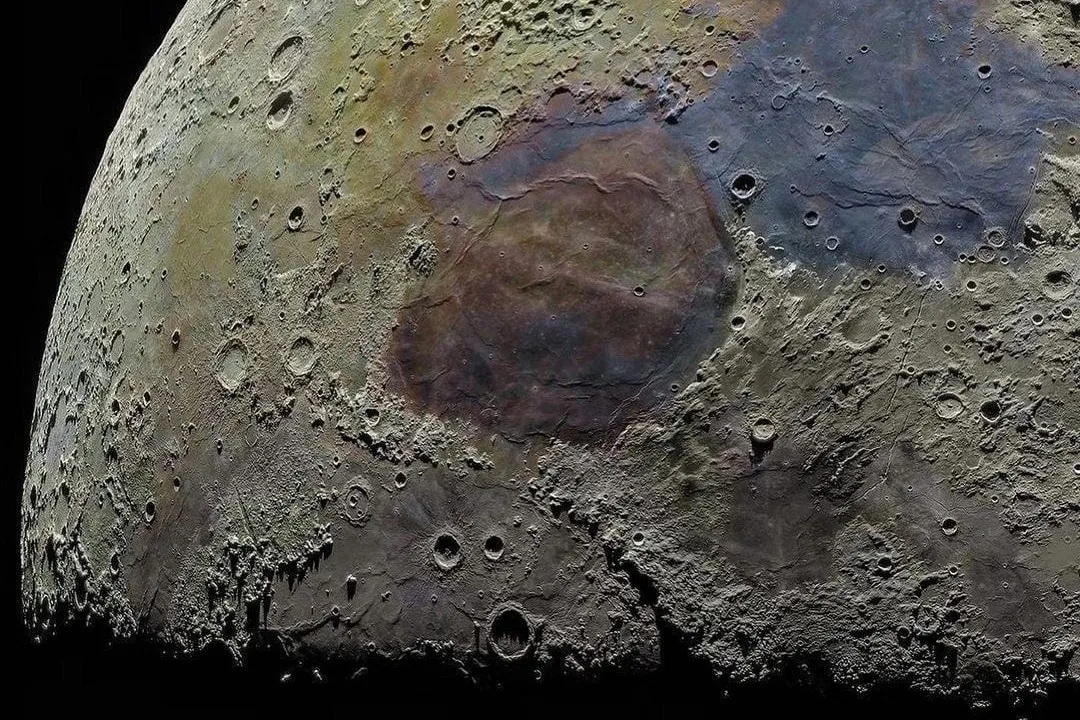Real climate and weather science would investigate potentially serious and life-threatening short-, medium-, and long-term effects of the South Pacific Tonga eruption on Jan. 15, which are to be expected, due to changing seasonal rainfall patterns, reduced sunshine, and potentially failed harvests in Asia, or in the Americas or elsewhere, just to mention a few of the most obvious. That would be the job of real climate and weather science, especially forecasting, as opposed to the fraudulent global warming concoction which has geopolitical and speculative-financial underpinnings.
Today, the UN Food and Agriculture Organization issued a statement, “Tonga Volcanic Eruption: What Possible Impact on Agriculture and Fisheries?” which is narrowly focussed on the 176 islands of the Kingdom of Tonga. However conspicuous by their absence are other public information bulletins of how serious or not, the larger impact will be of this big geological event. The explosive eruption sent a pressure wave around the planet. What is going on right now in the tectonically active Pacific Rim? A snapshot map of volcanic activity, including the dimensions of the Hunga Tonga-Hunga Ha’apai eruption, whose plumes reached into the stratosphere, is provided for Jan. 12-18 by the U.S. Geological Survey: https://volcano.si.edu/reports_weekly.cfm
The Tonga eruption should immediately bring to mind the 1816 “year of no summer” in Europe and the Eastern U.S.—caused by the 1815 Mount Tambora eruption in Indonesia! Let’s suppose a Mount Tambora-scale eruption had happened, after the climate kooks had convinced us to install solar power and windmills as the only power sources in Europe. What would happen if there were a year without summer in Europe? The 1815 event caused millions of deaths (see below), but the population of Europe then was much smaller, and they depended mostly on wood and coal for their heating. Now there would be many more millions dead.



